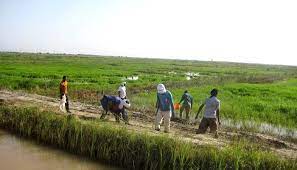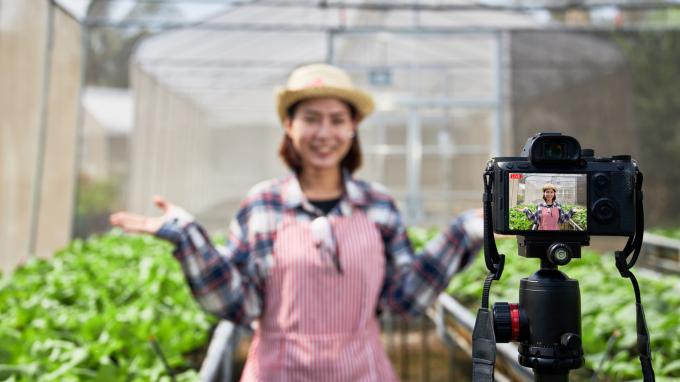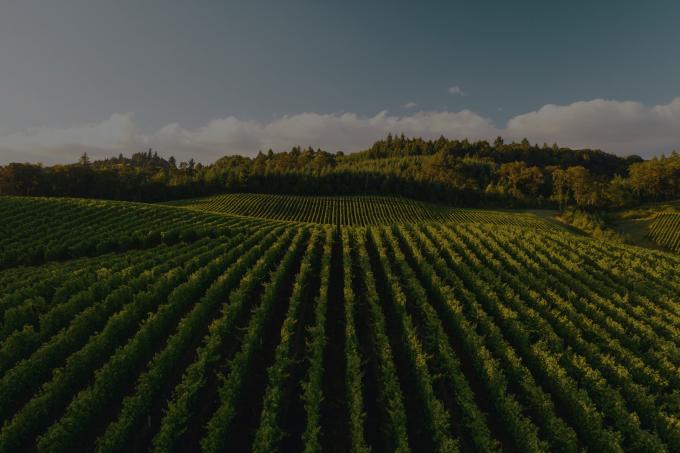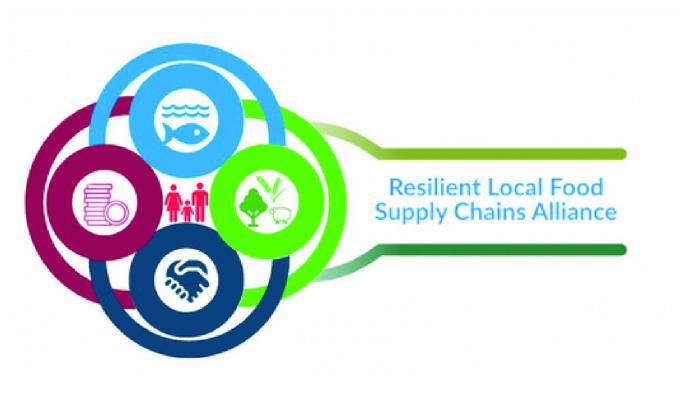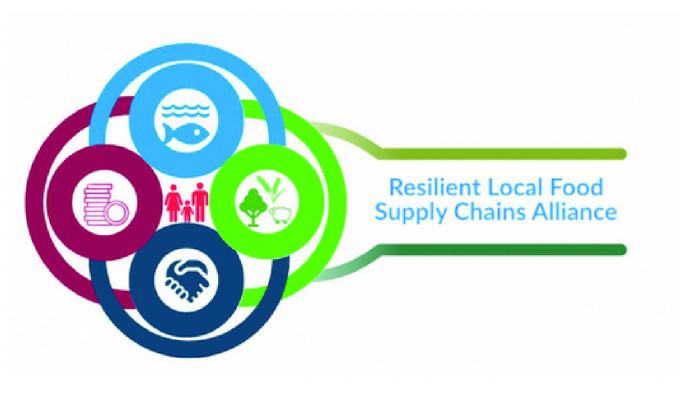GOOD PRACTICE

Empowering rural coastal communities in southern Tunisia via co-financing of micro and small enterprises
Tunisia
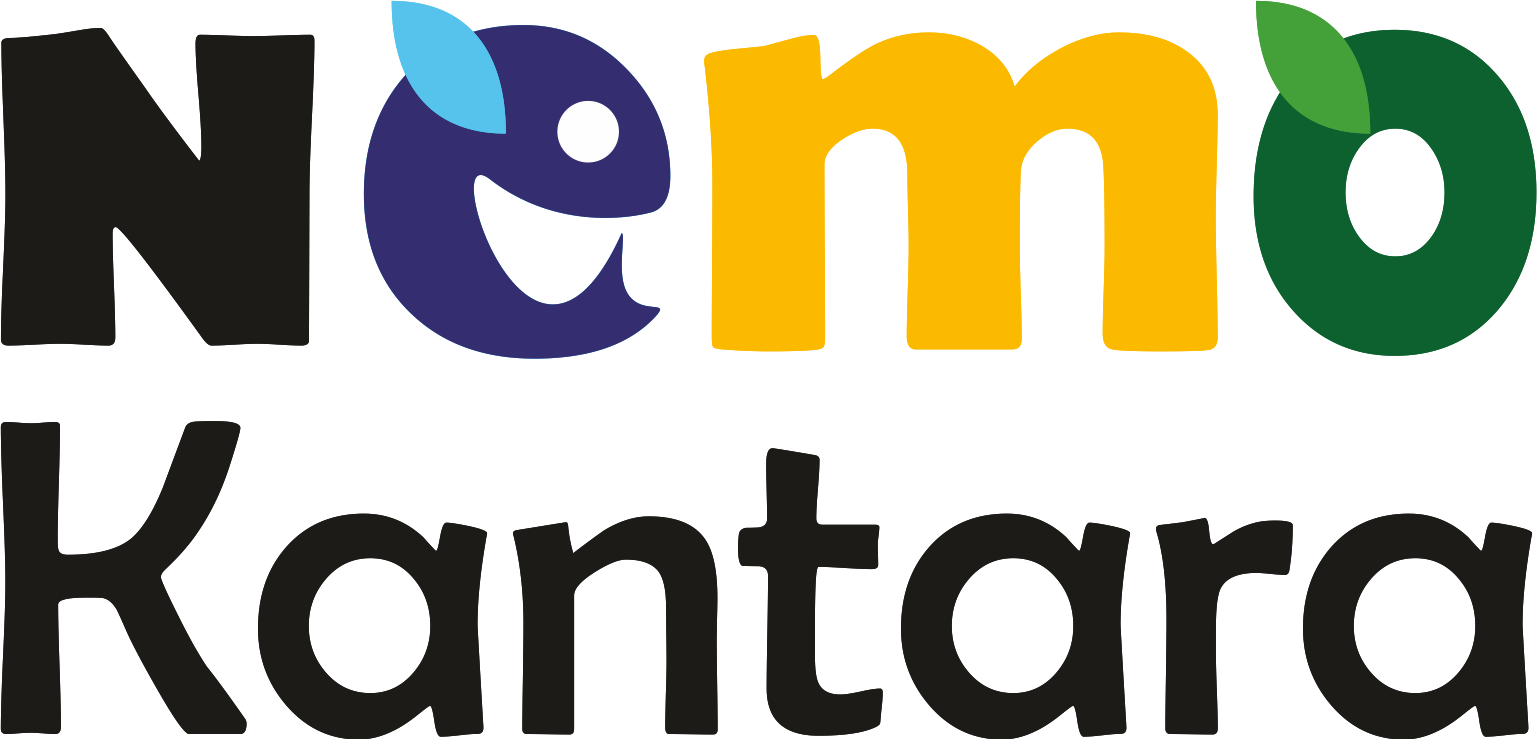
Assisting step-by-step the development of economically fragile rural coastal communities in Southern Tunisia has been an effective practice for the project NEMO Kantara. Providing training, business planning, and especially co-financing, empowered youth, women, and local organizations that are now able to diversify and enhance their incomes. Over 230 new jobs have been created through 40 co-financed businesses, ranging from fish pot workshops to soap factories and essential oil distilleries.
You must be registered to see all the content
The agriculture and fisheries sectors, which the NEMO Kantara project focuses on, are an essential component of the Tunisian economy. These two sectors have always been an important source of income and employment for many households, particularly for rural and coastal communities in the south of the country. However, mirroring, even surpassing the critical situation at the national level, the socio-economic fabric of rural coastal communities in Southern Tunisia has been severely weakened in recent years. Traditional practices related to fishing and farming that have provided a livelihood for coastal communities for centuries are now no longer able to ensure an acceptable standard of living. NEMO Kantara targeted these very communities, supporting the most fragile segments of the population: the youth, women, fishermen, clam harvesters, and members of the Professional Organizations (POs) in target regions, in order to support them in realizing their true potential by helping them diversify and improve their incomes by increasing their resilience and seeking to meet the legitimate demand for work and dignity.
NEMO Kantara staff carried out an initial diagnostic on target territories in order to better identify the project’s beneficiaries. As a result, the main stakeholders involved in the Co-Financing of new enterprises were Professional Organizations’ (POs) members and presidents, and local animators. POs are founded by fishery and agricultural operators with the aim of improving local socio-economic conditions and optimizing the exploitation of natural resources. Animators are trained by the project and are aware of local dynamics so that they can provide close and specific assistance to beneficiaries. On the recommendation of local POs, and following a selection among 60 candidates made by the project, 20 unemployed young men and women, under the age of 30, and university graduates were trained in various subjects to improve their employability in the world of work. At the end of this training, 10 of them were employed by the project in the role of animator, after further training on business planning and management along with POs presidents, with the double purpose of improving their own business proposition (as collective projects) and of further supporting individual beneficiaries (POs members). Around 3000 POs members have been duly informed about the project’s activities and goals, and later formed and personally accompanied by the animators to improve their chances of success in starting their new businesses. 500 people were personally accompanied by the animators to formulate a business plan, and 300 of them were furtherly accompanied and formed to perfection their own business idea. This resulted in 300 ready-to-be-financed businesses, and proponents improved entrepreneurial knowledge and competencies.
40 new co-financed businesses have started and 234 new jobs were created, majorly involving youth and women, empowering them and enhancing their entrepreneurship capabilities with project-provided training. The funded activities cover a wide range of sectors, like fishing, agriculture, handicrafts, services, farming, and food services. Among the projects started are fish pot workshops, soap factories, essential oil distilleries, animal feed mills, a quail farm, a bakery, two restaurants, etc.
Co-Financing of new micro and small enterprises, proposed by individual or collective actors, capable of supporting target communities in the target regions, creating new jobs, diversifying and increasing income fostering their resilience to economic hardship. To support the beneficiaries and ensure the sustainability of the new micro-enterprises financed by NEMO Kantara, the project set up the figure of the animator. The animator is from the target territories, trained by the project, and gave personal assistance to beneficiaries to formulate a business plan. NEMO Kantara provided a grant, the disbursement of which was contingent on both the evaluation of the proposed business plan and the advance payment of no less than 10 percent of the project value by the beneficiary(ies). The project did not directly disburse the funds to the beneficiaries but, with the support of a team of experts in the fields of the financed activities, provided for the purchase of equipment and consumables necessary for the start-up and pertinent training in the different sectors.









